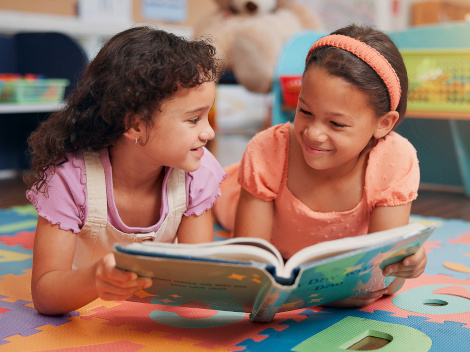From the classroom to the community
11 Feb 2026
Assumption Convent fosters social responsibility through service and empathy. Our holistic approach prepares ethical leaders to contribute to the common good with compassion and humility.

11 Feb 2026
Assumption Convent fosters social responsibility through service and empathy. Our holistic approach prepares ethical leaders to contribute to the common good with compassion and humility.

13 Nov 2025
Explore how to empower girls to take risks, ask questions, and explore STEM with confidence - highlighting how Assumption Convent School nurtures curiosity to raise future innovators and leaders.

01 Oct 2025
Reading fiction nurtures empathy in children, helping them understand others’ emotions, build compassion, and navigate a complex world through imaginative and meaningful stories.

30 Sep 2025
AI is disrupting education by exposing issues of time, trust, and equity while offering tools to rebuild schools with more purpose, connection, and opportunity for every learner.

30 Sep 2025
Listening to children builds confidence, resilience, and emotional intelligence. Feeling heard empowers them academically and personally, shaping expressive, engaged, and resilient learners.

17 Sep 2025
Space Camp fosters fear-free learning, empowering students with confidence, curiosity, teamwork, and STEM skills through hands-on, immersive, and collaborative educational experiences.
© 2025 by Assumption Convent School | Protection of Personal Information Policy | PAIA Manual

Each year Assumption Convent School offers a limited number of Open Academic Scholarships to female students entering Grade 8. Assumption Convent School would like to offer current Grade 7 girls an opportunity to apply for this prestigious scholarship for 2027. Scholarships will be awarded to female students entering Grade 8, who excel academically. This scholarship is open to Grade 7 Assumption Convent School students as well.